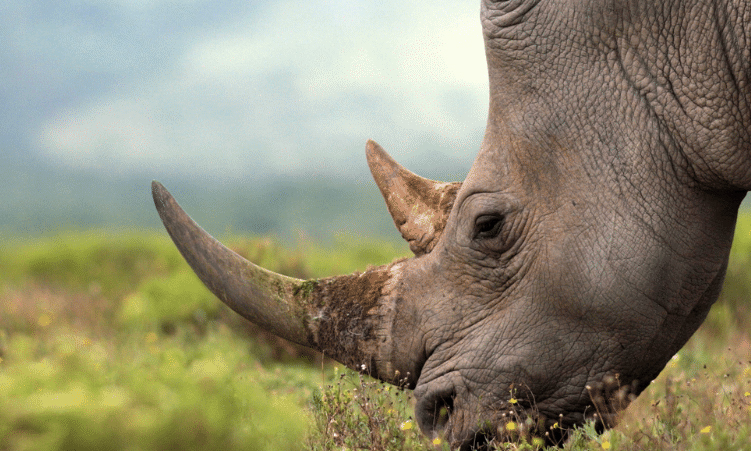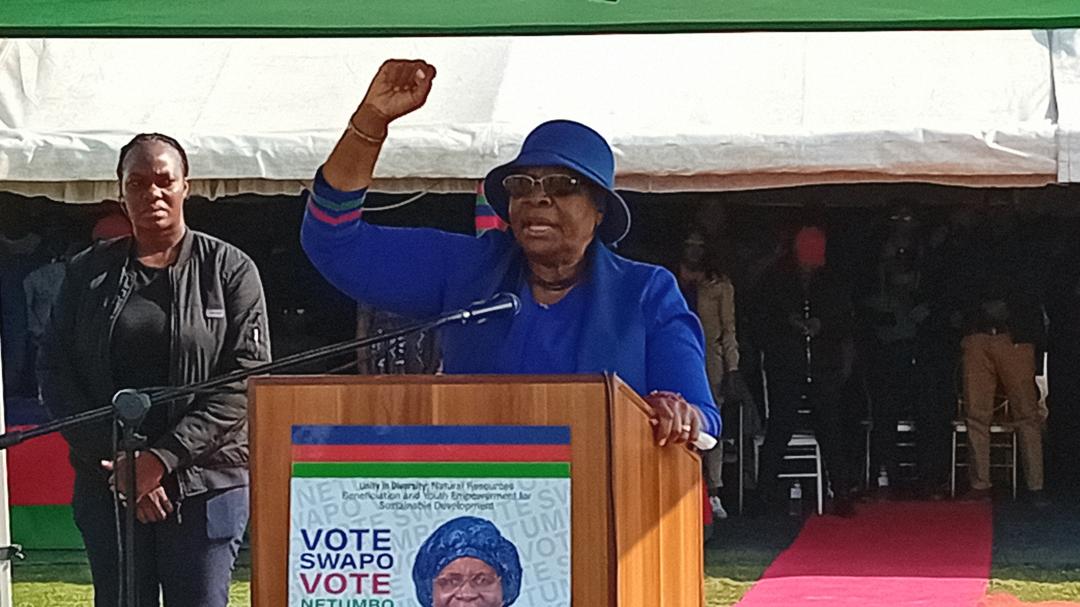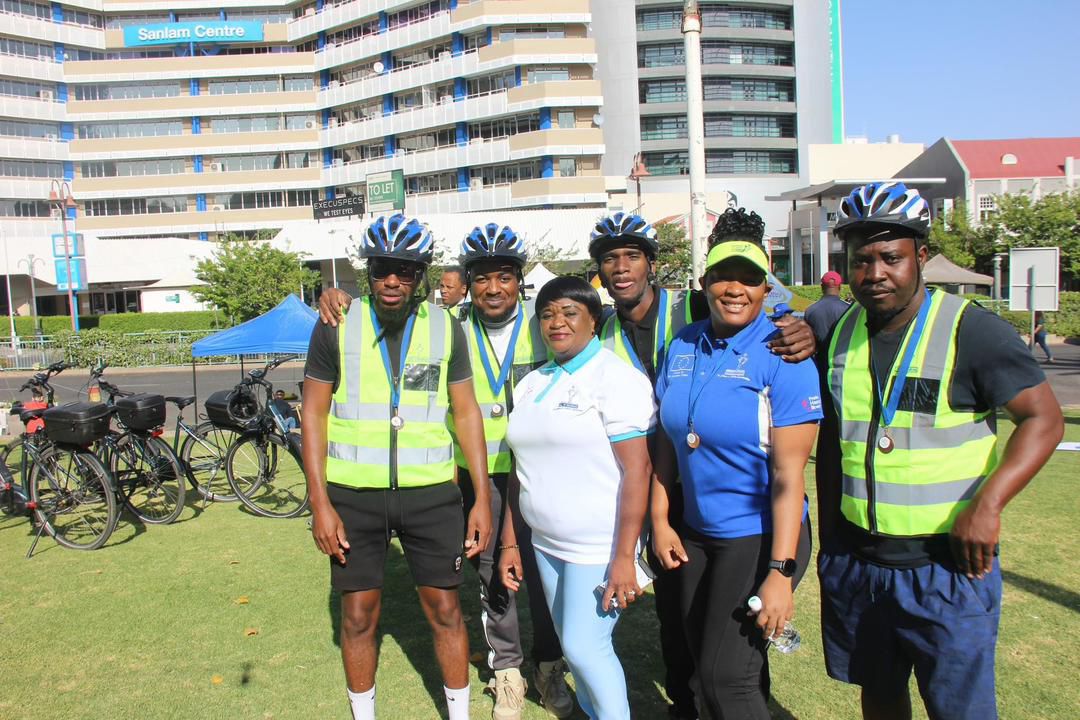Mother earth wilting under the pressure to provide for all who depend on her.
Sadly, the worst pressure comes from thankless, greedy human beings – the species supposedly endowed with the best capabilities to manage her and her inhabitants.
The damage to nature cannot be more starkly seen than in the desert country Namibia is: Lush greenery and rain have been retreating at an alarming pace; grazing for herbivores continues to decline, with soils dangerously low on nutrients required for basic food security.
Whenever the government approves more mining activities in areas that have proven successful for wildlife conservation – like the habitat for black rhino and the rare Welwitschia – it boggles the mind as to what drives the leaders to take decisions that put nature at risk.
In less than a month, two conservancies in northwestern Namibia (the Doro !Nawas and Ûibasen Twyfelfontein conservancies), the ≠Aodaman Traditional Authority and tourism company Ultimate Safaris have felt compelled to approach the High Court to block mining on the grounds that it is placing black rhinos and tourism at risk.
Black rhinos are considered in danger of extinction, and Namibia is the last frontier after concerted efforts helped regrow the population, which continues to be threatened by poachers because of false beliefs that rhino horn is an aphrodisiac.
Introducing mining, however ‘low scale’ it is claimed to be, to areas where communities have struggled and largely succeeded in minimising human-wildlife conflict is nothing but a recipe for total disaster.
Mining licences are issued to so-called previously disadvantaged Namibians who live in Windhoek and other major towns and have little, if any, empathy for tourism, which is a high job-creation activity supporting rural communities in charge of the conservancies.
In this recent case, the people who have benefited from the mining licences have disingenuously chosen to frame the issue as competition between the ‘formerly advantaged’ vs ‘previously disadvantaged’ Namibians – that is, whites against blacks.
The race card is patronising. Worse, it is being used to hide the politics of patronage in how public resources such as mining, land and fishing opportunities are dished out to cronies of government leaders and bureaucrats.
Communities in rural areas, or those with little access to policy and decision makers, often only find out when they see strangers digging for minerals, as in this case.
Worse still, Namibians given mining licences tend to auction the state-issued resources to the highest bidders, as happened in a case where Chinese companies worked night and day to export about 60 000 tonnes of lithium ore, allegedly as test samples.
Namibia’s larger population ends up gaining nothing despite promises of “value addition” to the extraction of raw materials before they are exported.
In the throes of a devastating drought, Namibians in rural communities are suffering a double whammy: poorly informed outsiders being misled by animal rights activists who falsely allege that the culling of more than 700 wild animals is harmful to nature conservation.
We hope the arguments eloquently expressed by Chris Brown and Gail Thomson of the Namibian Chamber of Environment in support of the government’s culling decision avoid those campaigning to mislead tourists.
Equally, we trust government leaders will revisit their misguided decisions to grant mining licences in parts of the country that need maximum protection.
It is way past time to end the insatiable greed that blinds and benefits a few.
We cannot survive without balanced and interdependent ecosystems. They provide us with essentials such as food, water, air and energy.
Mother Earth needs an approach aimed at caring for the people, caring for animals, and caring for plants, especially trees that provide us with life-supporting oxygen.
Stay informed with The Namibian – your source for credible journalism. Get in-depth reporting and opinions for
only N$85 a month. Invest in journalism, invest in democracy –
Subscribe Now!






